This need for contact registries for DS has been underscored by the concerns of participants in two recent meetings, a Down Syndrome Registry Meeting sponsored by the National Down Syndrome Society in September, 2010, and Down Syndrome: National Conference on Patient Registries, Research Databases, and Biobanks, sponsored jointly by the Eunice Kennedy Shriver National Institute of Child Health and Human Development (NICHD) and the Global Down Syndrome Foundation in December, 2010. The NICHD recognizes that the DS advocacy community has already made significant strides towards the creation of a contact registry relevant to engaging DS individuals and their families in basic, clinical, and translational research. However, significant issues remain with regard to research databases and biospecimens repositories. With regard to research databases, the NICHD recognizes several goals for these resources.
The Down Syndrome Research and Treatment Foundation support these critical elements of Ds research and encourage anyone who is interested in supporting individuals with Down syndrome to sign the petition by Apr 1st to maximize the volume of responses sent to the NIH.
The petition states:
I strongly support the creation of a formal Down syndrome contact registry, research database and biobank/tissue repository. I am pleased that there have been a number of substantive meetings between leading Down syndrome organizations and the NIH to assist with the preliminary planning of such registries. I encourage you to consider the recommendations that have been proposed by these organizations.
I appreciate the NIH's renewed interest in Down syndrome research and urge you fund these essential components to improve the lives of people with Down syndrome.
~~~~
The IDEA National Survey Project isn't specific to Down syndrome, but to all students in special education. The survey is to gather information to examine whether the rights of parents and children with disabilities in special education are protected. This survey is available until June 14th.


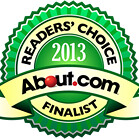
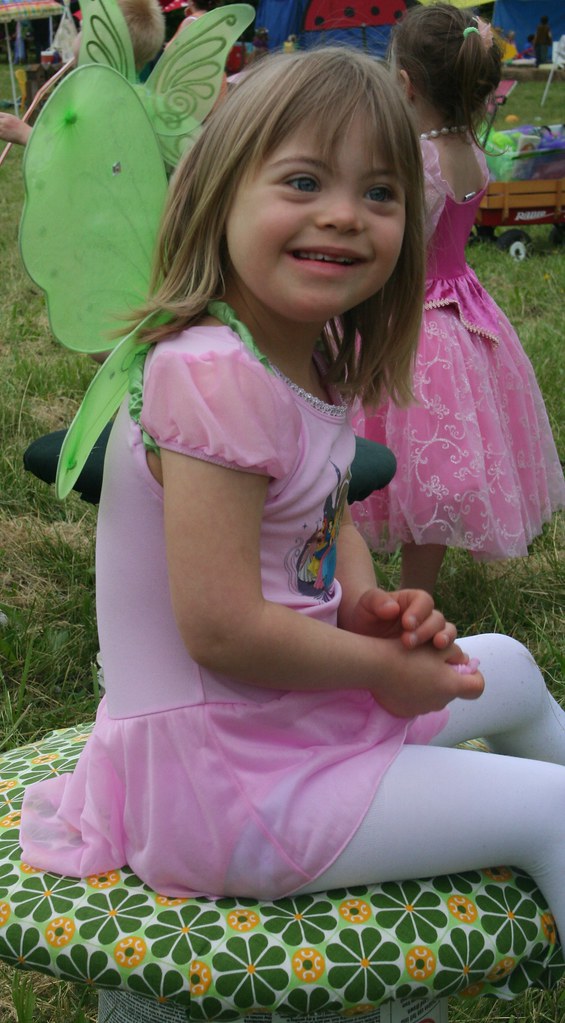

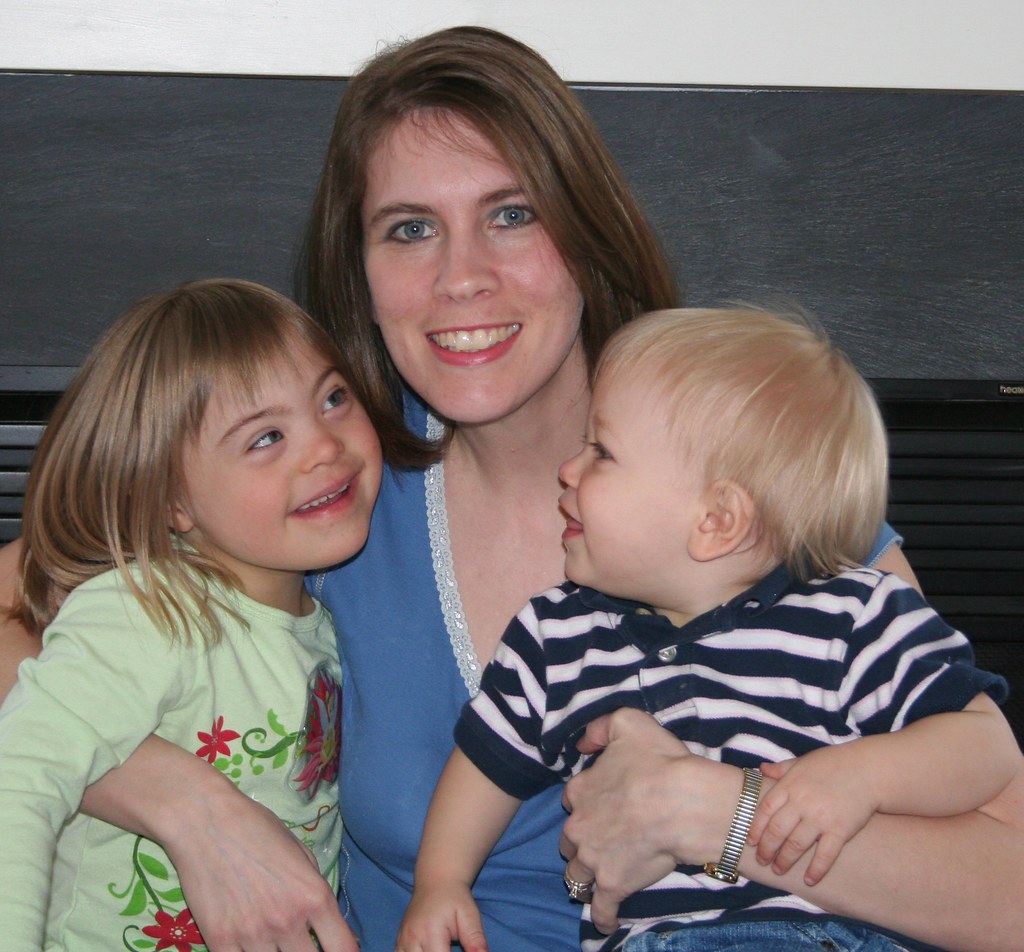
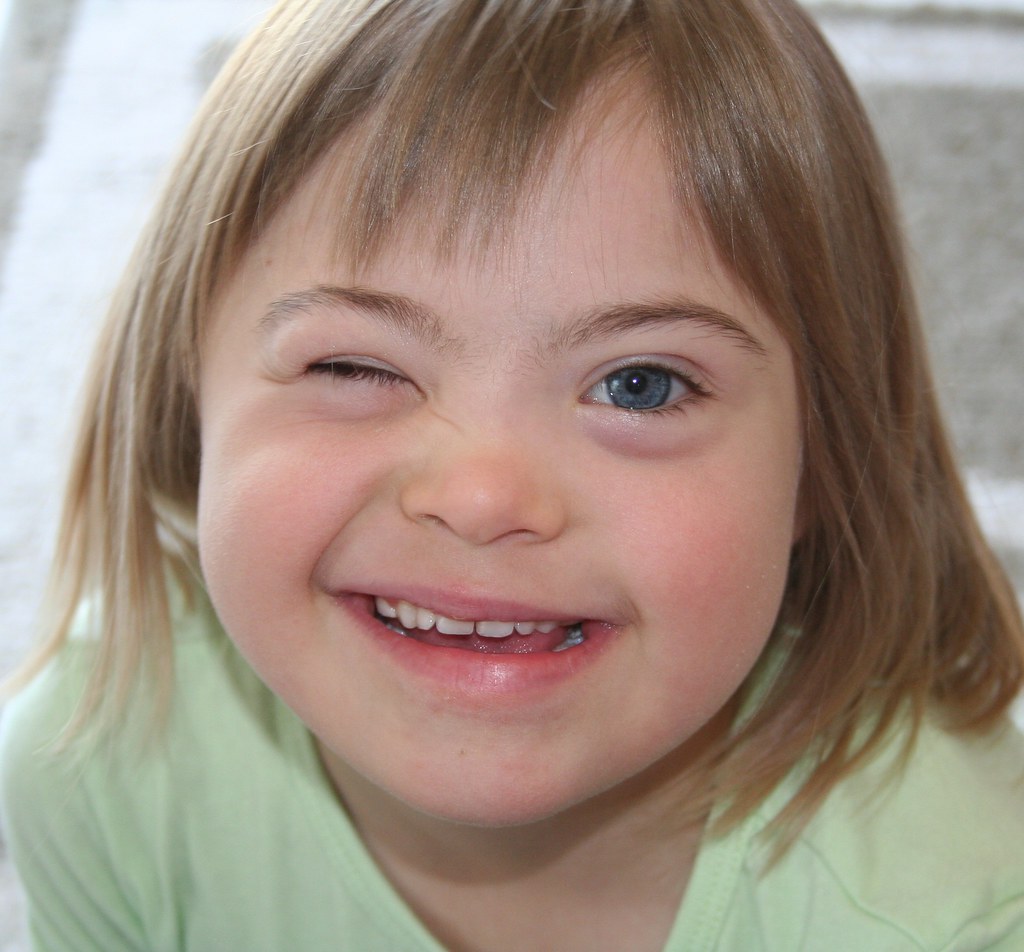
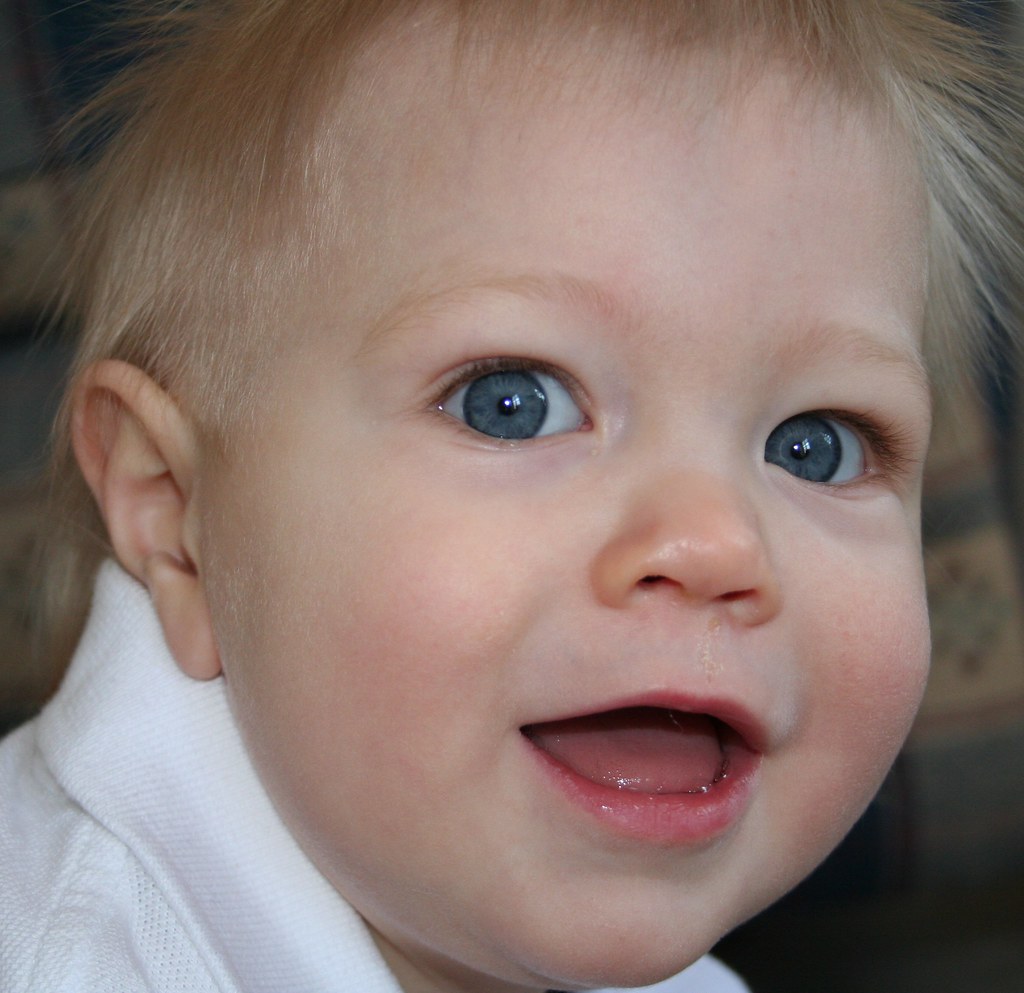
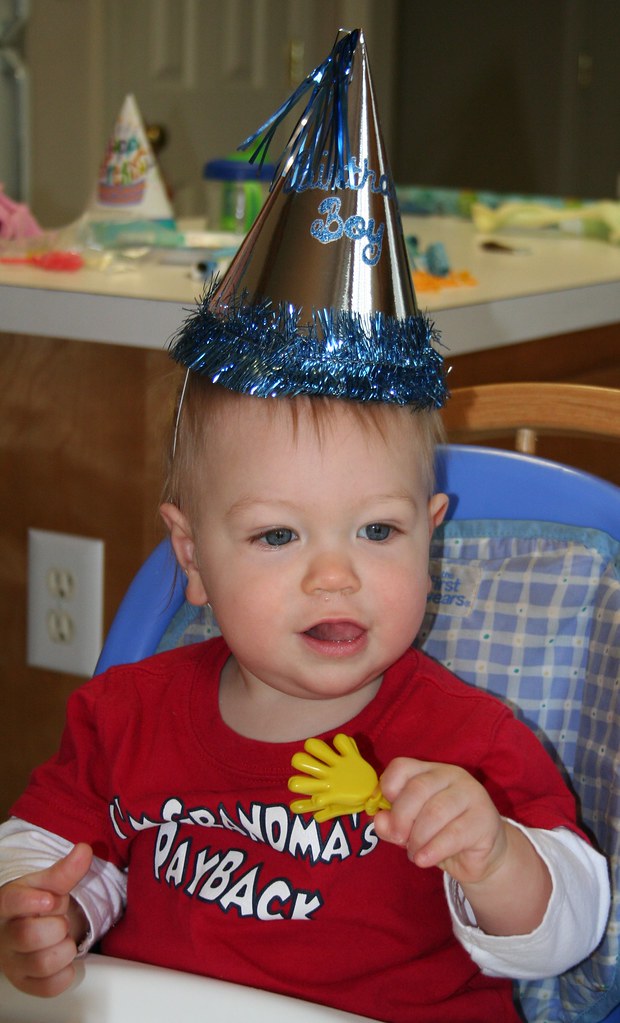
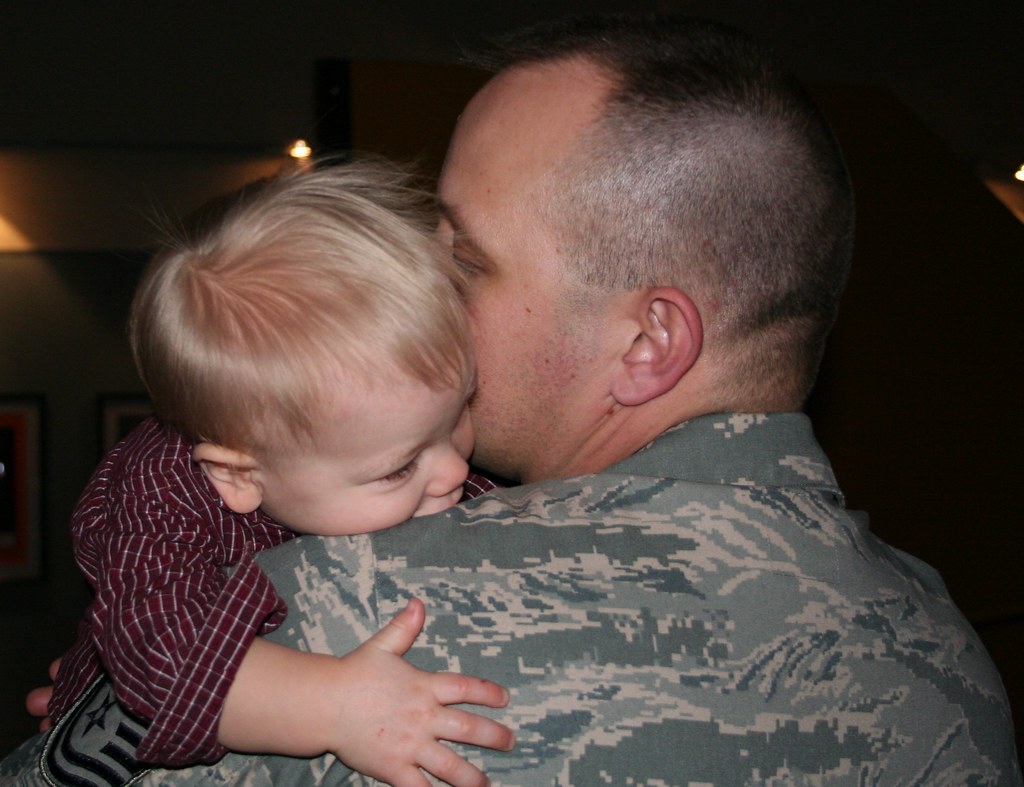

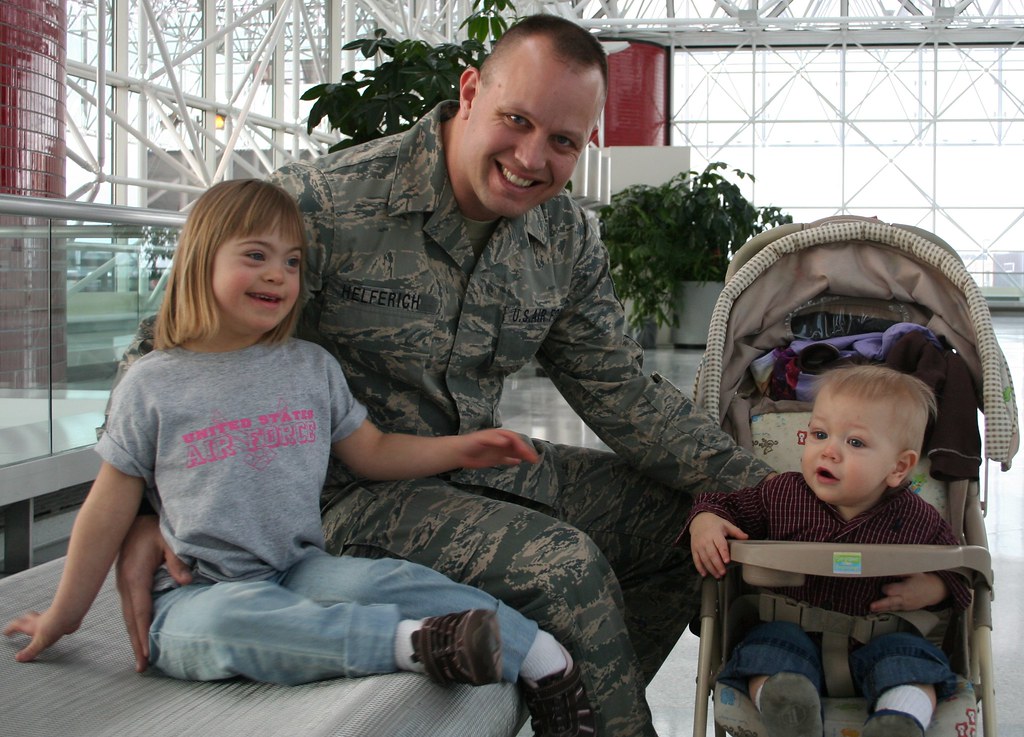
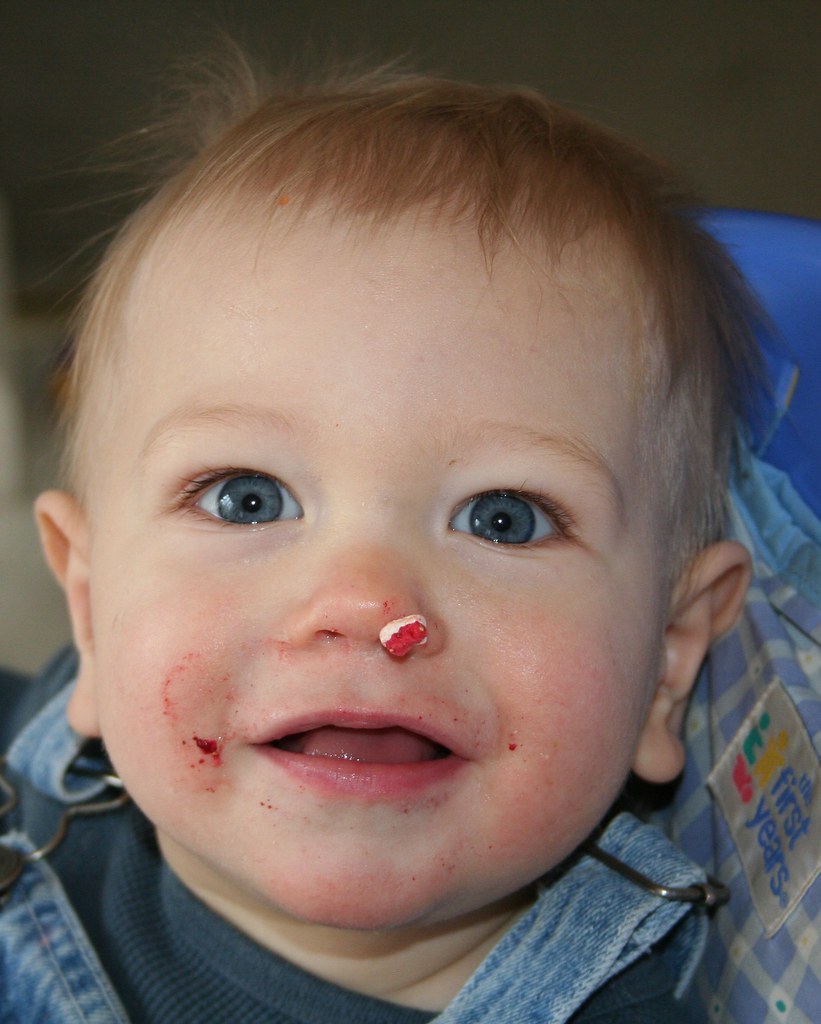
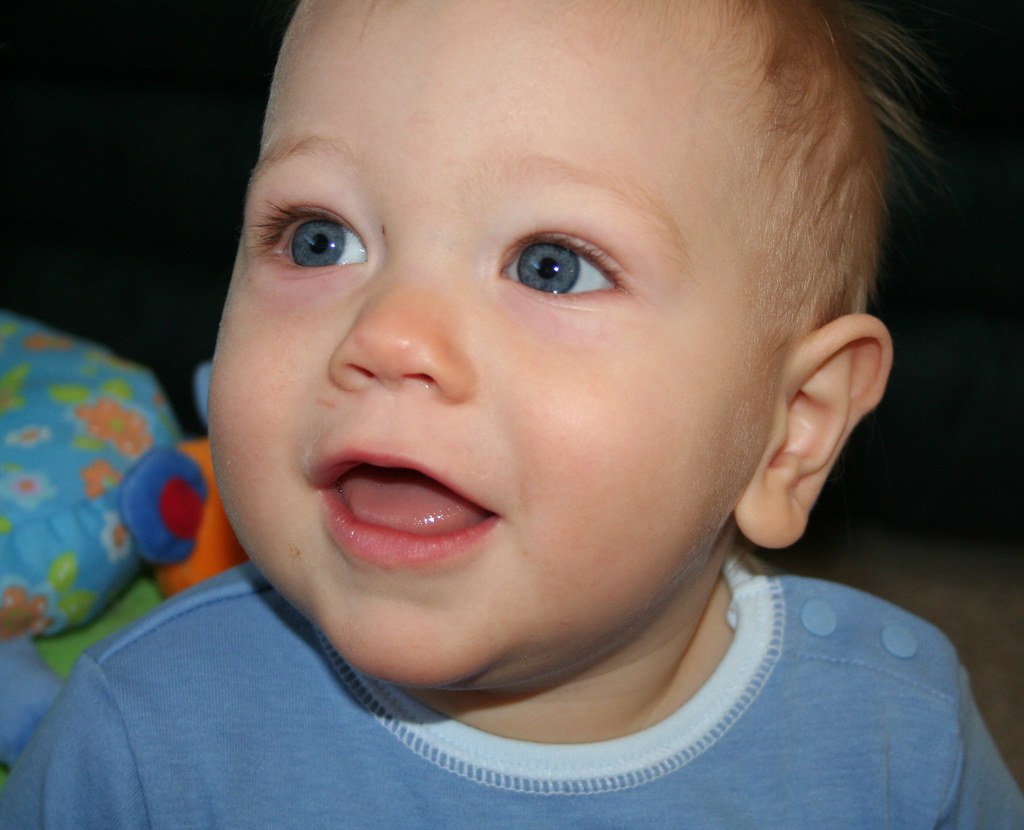
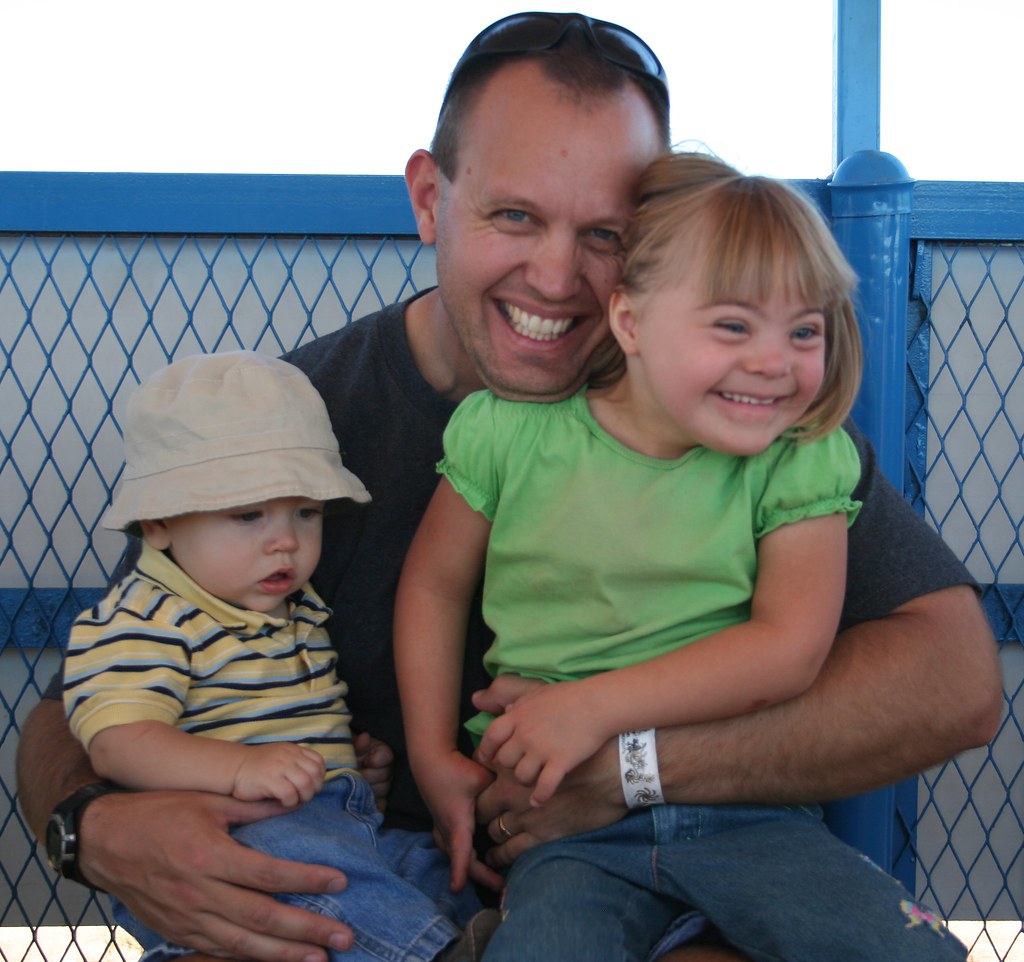
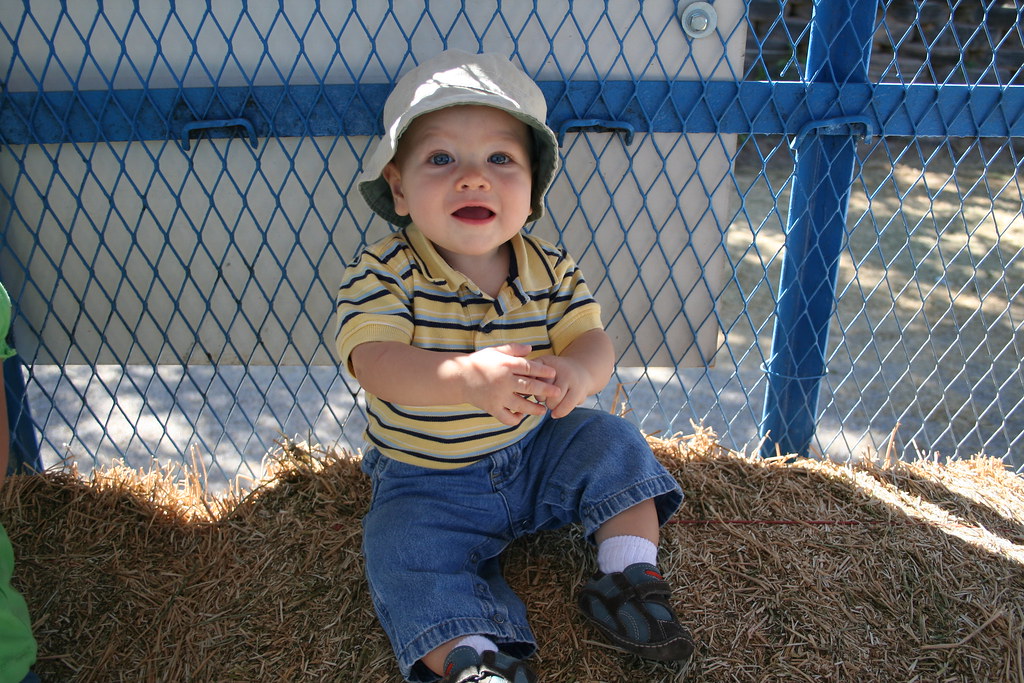
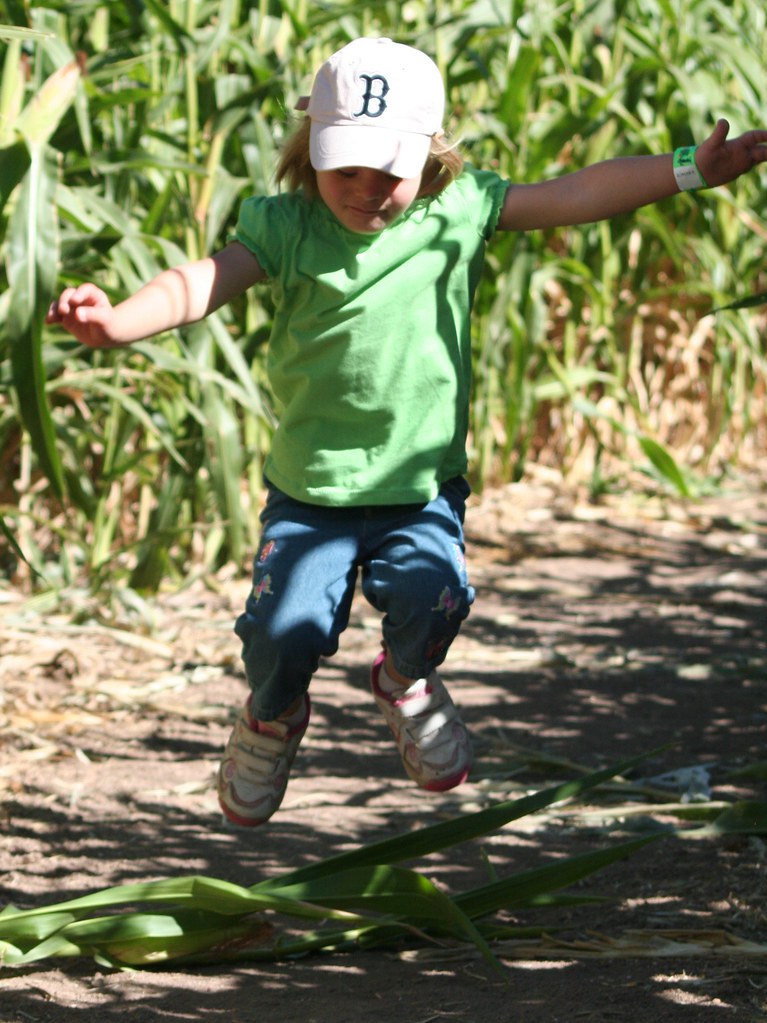
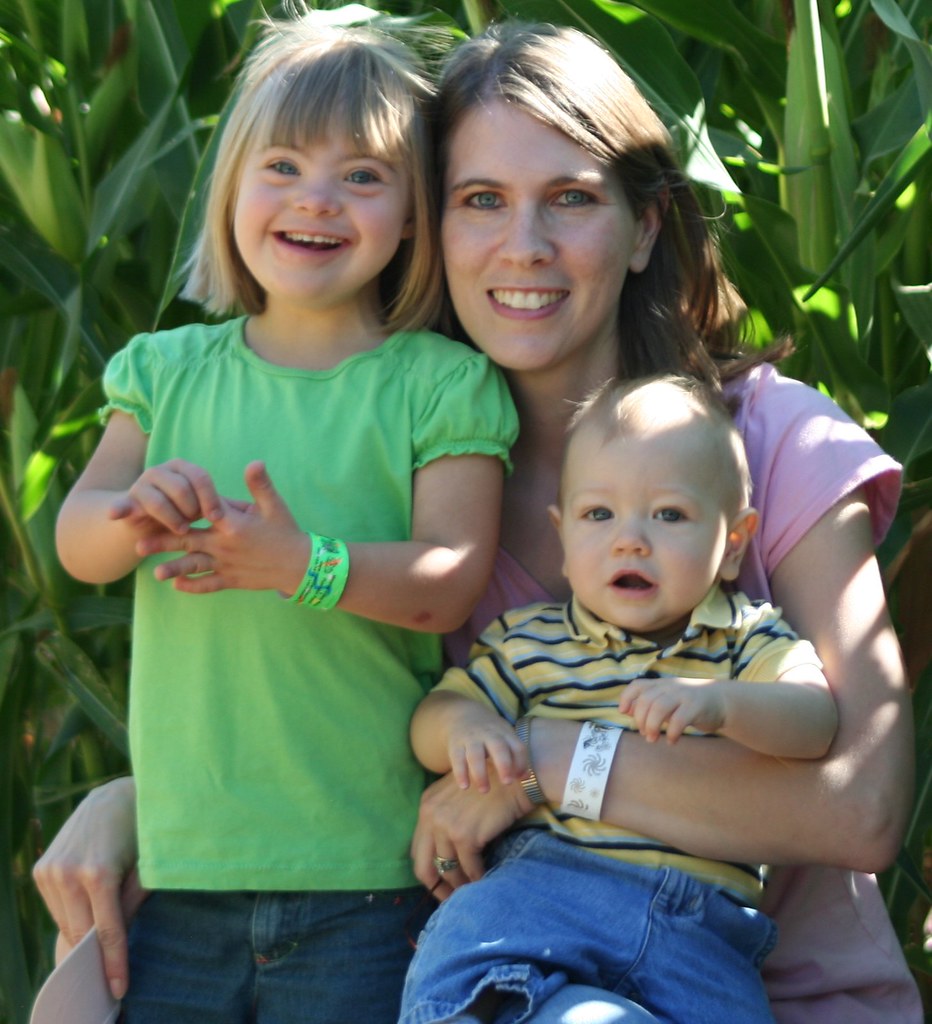
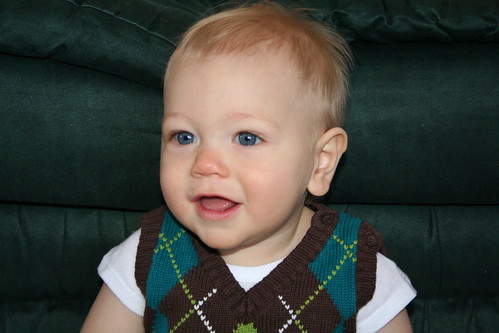

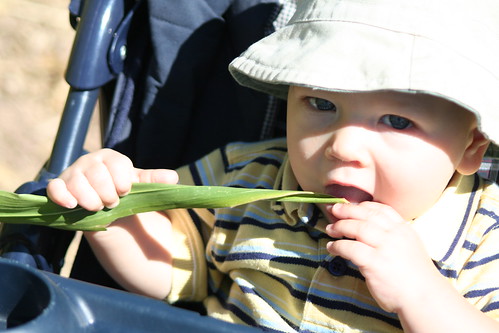
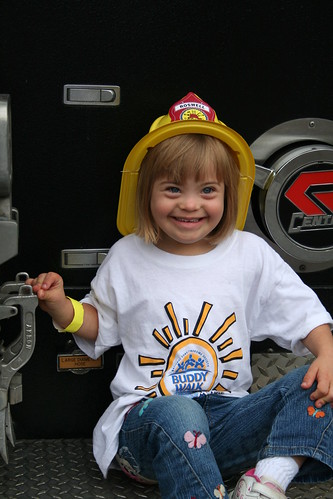
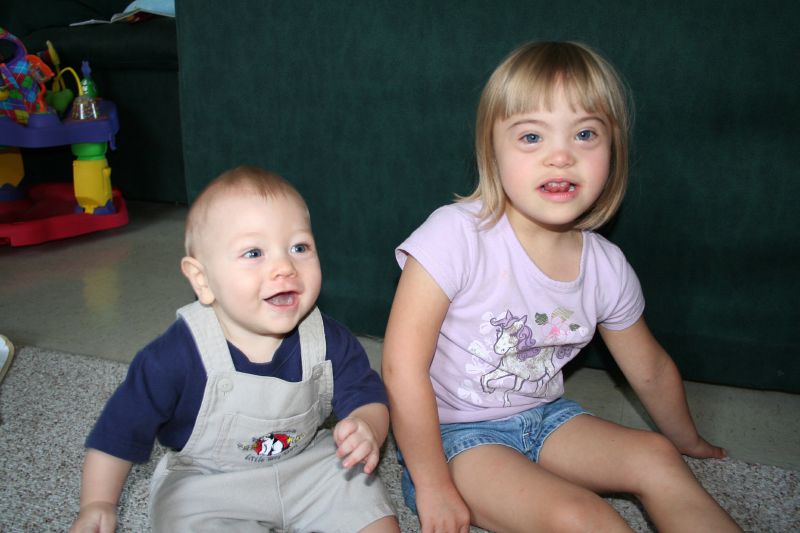


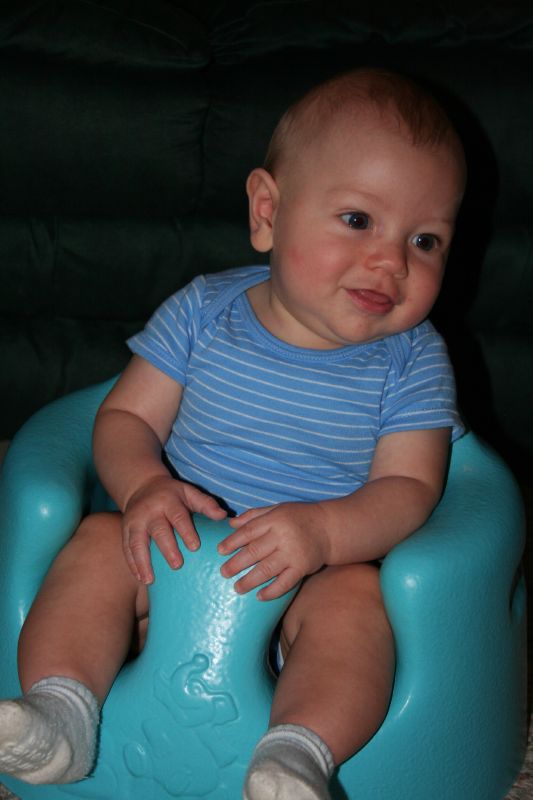
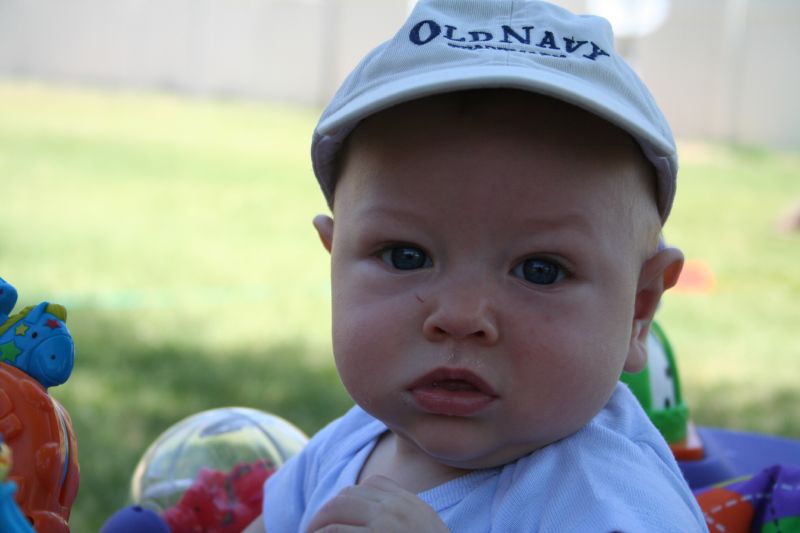
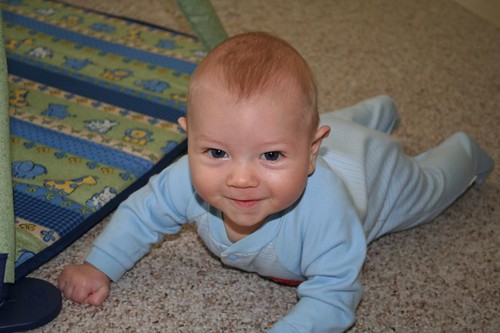
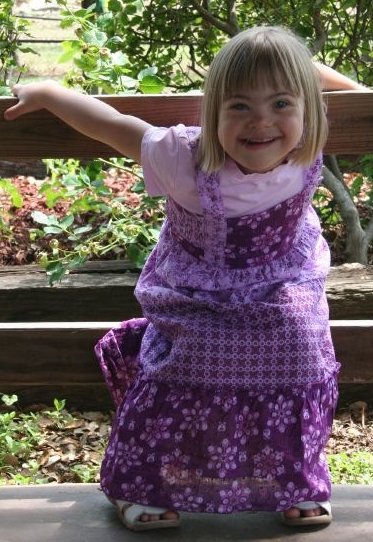
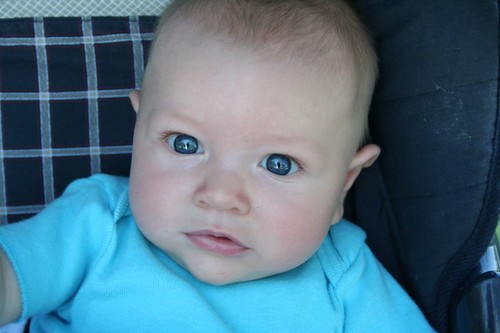
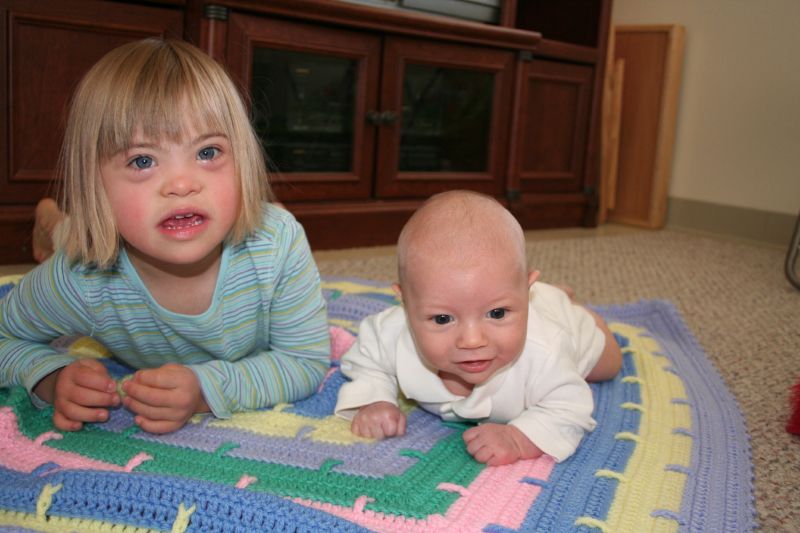
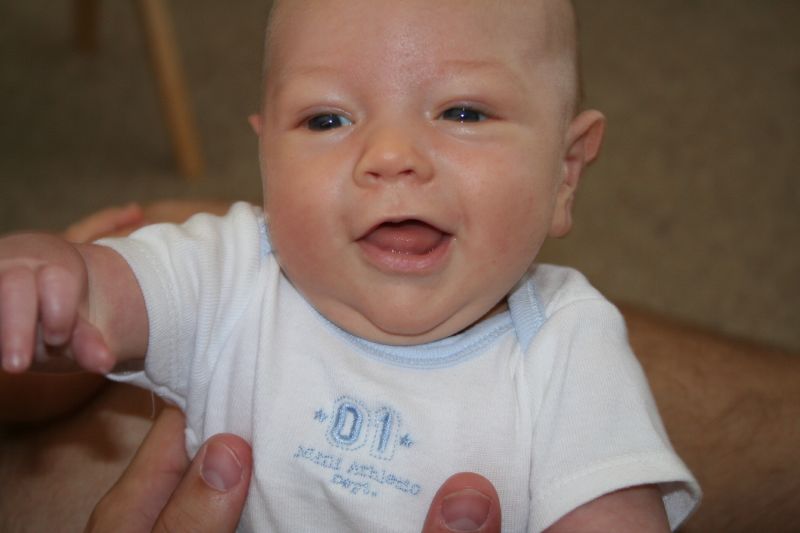
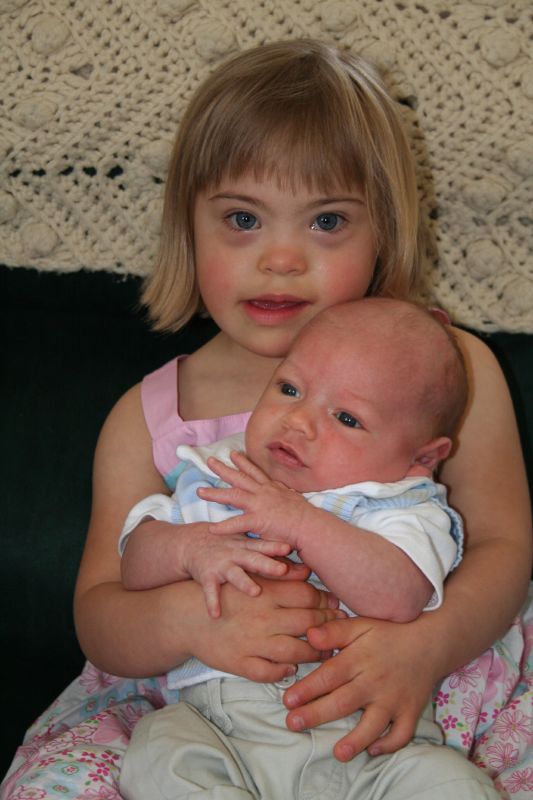
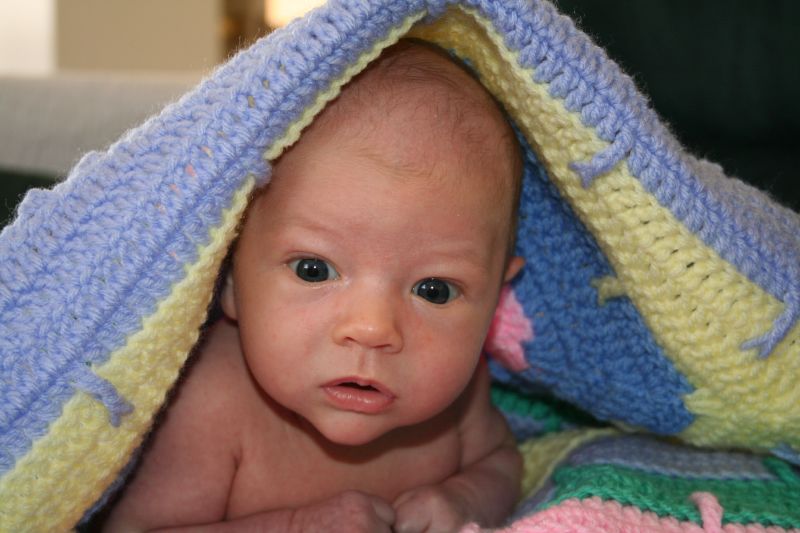
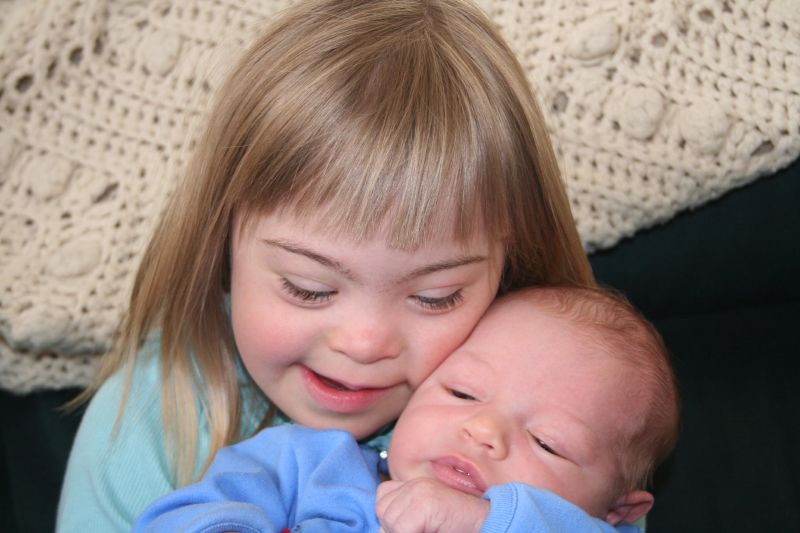
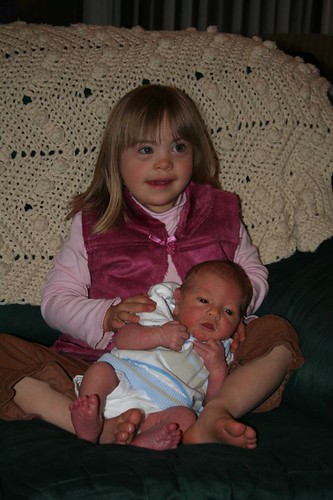
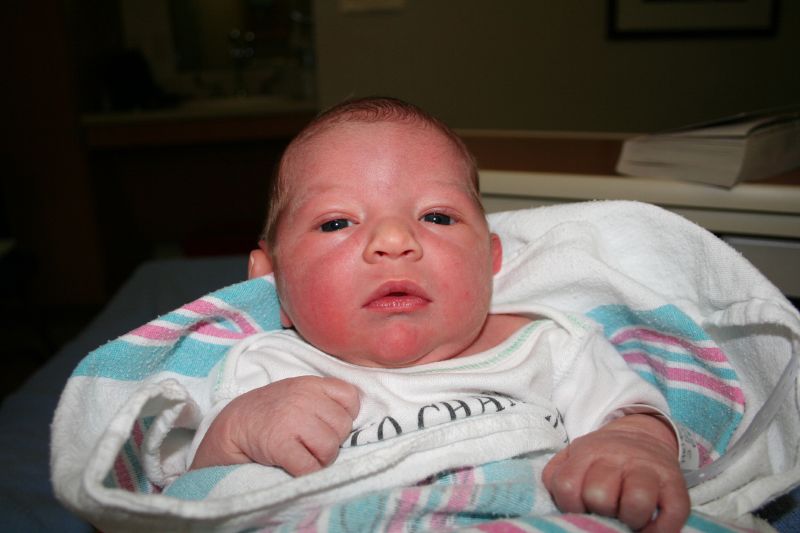
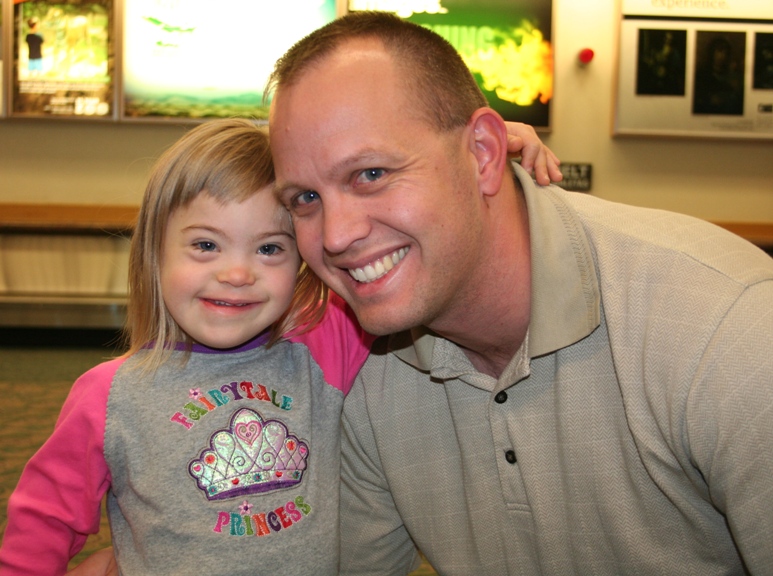
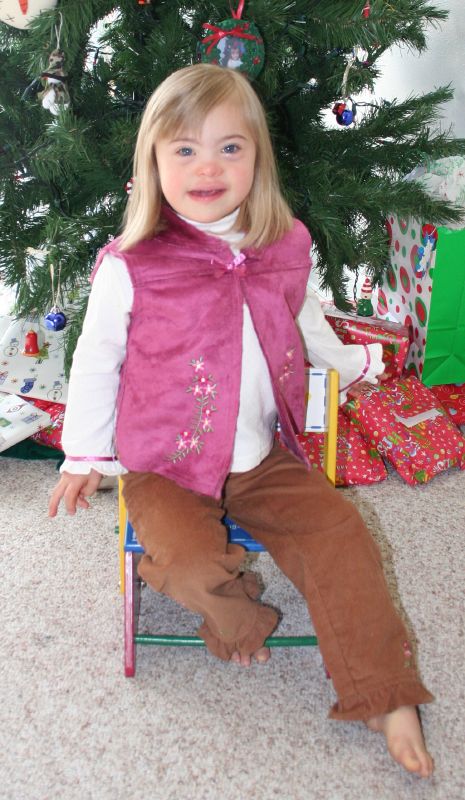
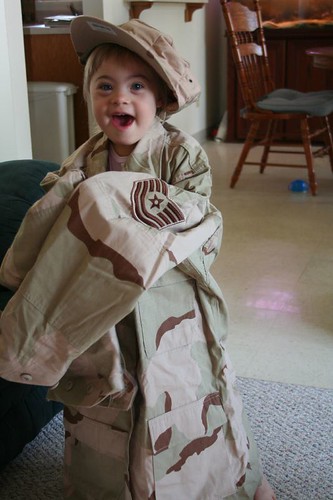
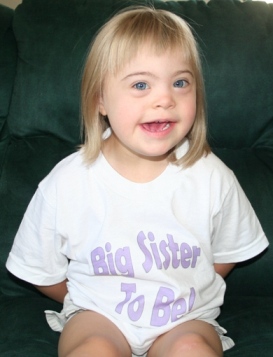
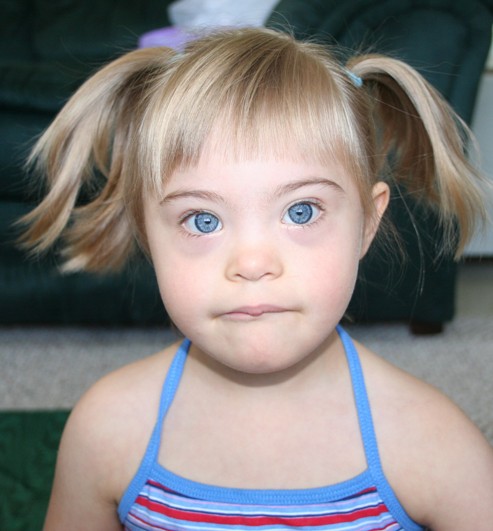
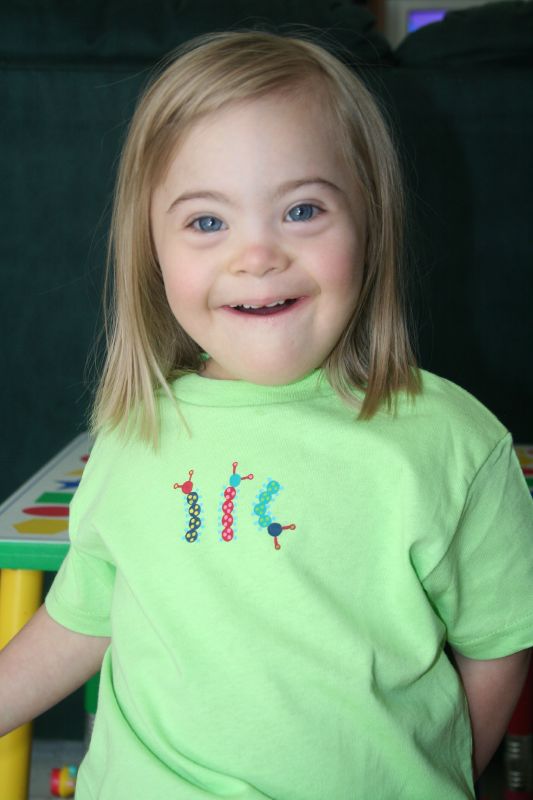
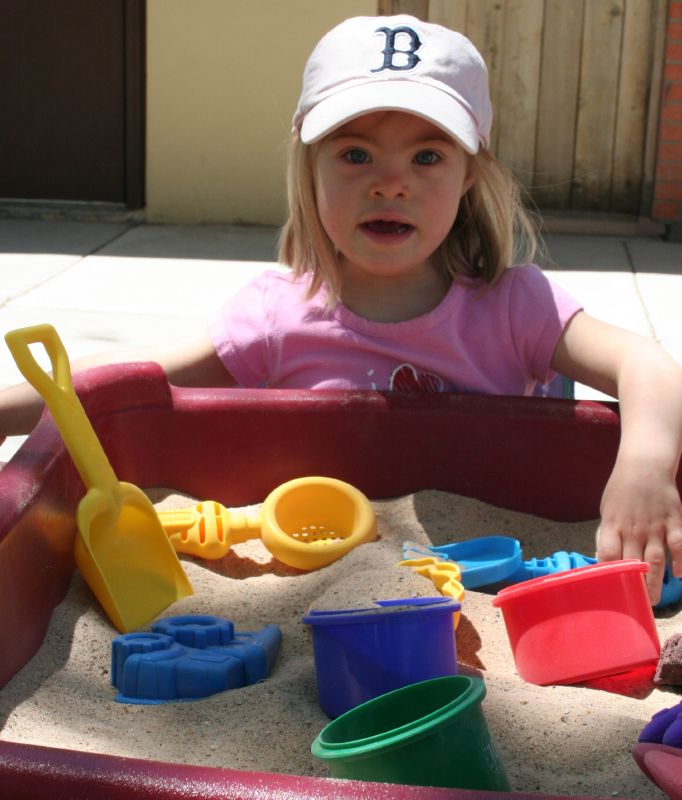

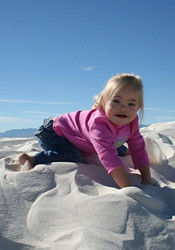
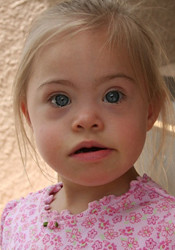
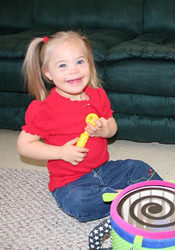



No comments:
Post a Comment